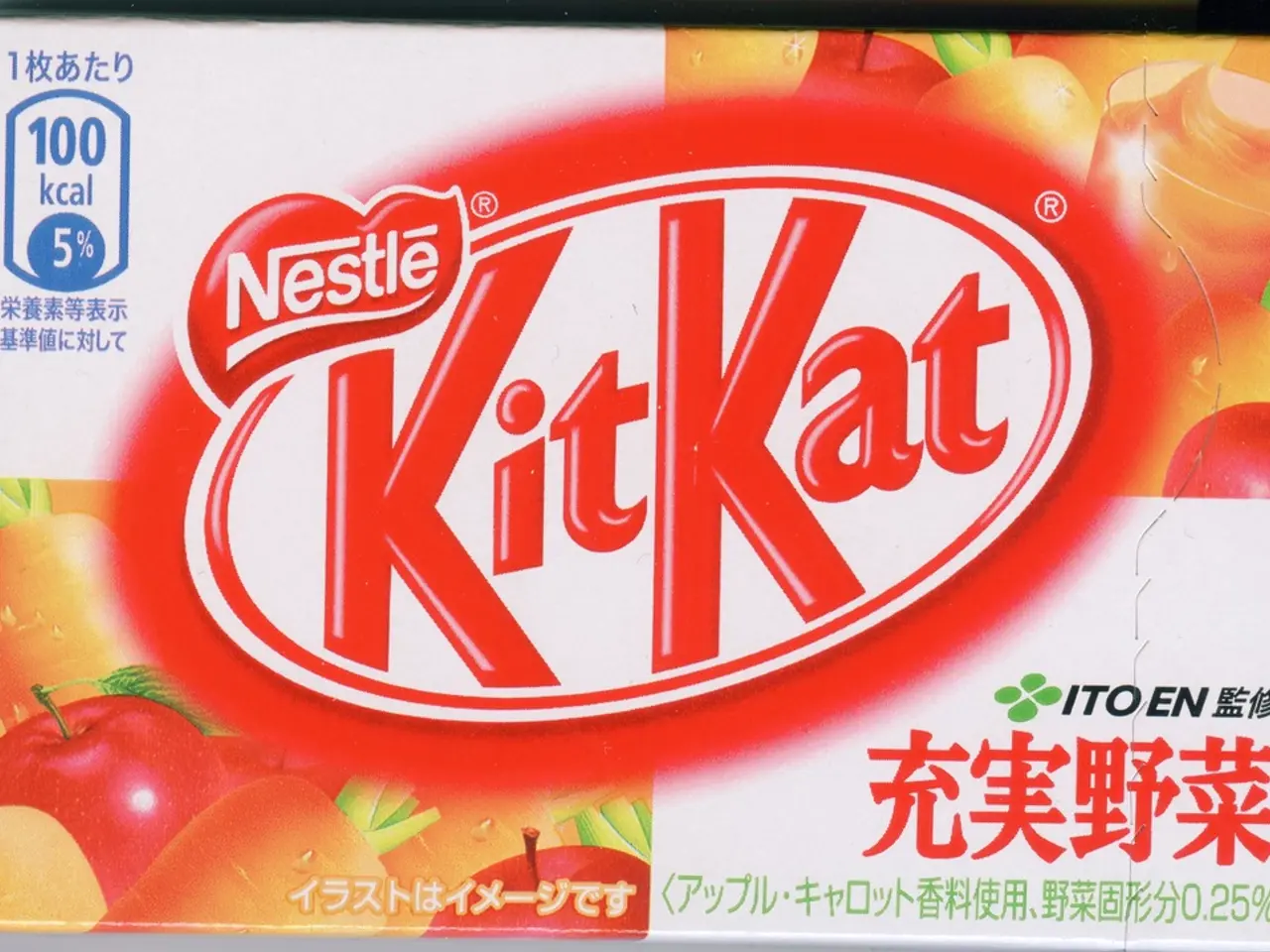Impact of Diet on Athletic Performance: Key Factors to Ponder
Athletes have unique nutritional requirements compared to the general public, as their bodies undergo intense physical exertion and demand higher energy expenditure, muscle repair, and recovery. Here's a breakdown of the essential nutrients and dietary guidelines for athletes to optimize their performance and recovery.
Macronutrient Requirements
Carbohydrates
Athletes require significantly more carbohydrates to fuel high-intensity training and replenish glycogen stores. During preparation and competition phases, carbohydrate intake is increased, with competition phases involving very high carbohydrate consumption to maintain energy levels [1][2].
Protein
Protein needs are elevated for athletes to support muscle repair, adaptation, and recovery from increased protein catabolism caused by exercise. Recommended protein intake typically exceeds 1.2 g/kg of body mass daily, with higher amounts after exercise to stimulate muscle protein synthesis [1][3].
Fats
Fat intake for athletes is usually moderate, with an emphasis on healthy fats. Endurance athletes may lower fat intake to about 20% of total calories to favor carbohydrates, but still need sufficient essential fatty acids for hormonal and cognitive functions [1][4].
Micronutrient Requirements
Due to increased metabolic demands, oxidative stress, and recovery needs, athletes often require higher intakes of certain vitamins and minerals. For example, vitamin C supplementation (100–1,000 mg/day) is recommended to aid recovery [2]. Adequate intake of electrolytes (e.g., sodium, potassium) is essential to maintain hydration and support post-exercise electrolyte balance [2].
Dietary Guidelines for Optimizing Performance and Recovery
Pre-event Nutrition
Meals 2–3 hours before activity should be high in easily digestible carbohydrates, moderate in protein, low in fat and fiber to reduce gastrointestinal discomfort [2].
During and Post-exercise Nutrition
The focus during and post-exercise should be on rehydration, glycogen replenishment, and muscle repair. Post-exercise meals/snacks should combine carbohydrates with adequate protein and prioritize fluid intake to restore electrolyte balance and support recovery [2][3].
Nutrition Periodization
Athletes should adjust their macronutrient intake according to their training phases—e.g., high carbohydrates during competition, higher protein during recovery—to match energy demands and physiological goals [1].
In summary, athletes engaging in this level of activity may require 40-70 calories per 1 kg of body weight per day. The timing and content of meals can help support training goals, reduce fatigue, and help optimize body composition. The timing and amount of nutrition will vary depending on the type of athlete. Both amateur and professional athletes may benefit from consulting with a sports nutritionist to help them plan the optimal diet for their individual needs and goals.
Snacks are an important way for athletes to meet their calorie and nutrition needs and stay well fueled throughout the day. Options include carrot sticks and whole grain pita dipped in hummus, a smoothie with protein powder and fruit, whole grain crackers with cheese or canned tuna, Greek yogurt with berries, nuts, or granola, and an apple or banana with peanut or almond butter.
- Due to high-intensity training and muscle recovery needs, athletes require more carbohydrates, with daily intake being elevated and competition phases involving very high carbohydrate consumption.
- Protein intake for athletes is significantly higher than for the general public, as it supports muscle repair, adaptation, and recovery from increased protein catabolism caused by exercise.
- Fats for athletes should mainly consist of healthy fats, with endurance athletes lowering fat intake to about 20% of total calories to favor carbohydrates, but still requiring essential fatty acids for hormonal and cognitive functions.
- Larger amounts of certain vitamins and minerals, such as vitamin C and electrolytes, are essential for athletes due to increased metabolic demands, oxidative stress, and recovery needs.
- Pre-event meals for athletes should be high in easily digestible carbohydrates, moderate in protein, low in fat and fiber to reduce gastrointestinal discomfort.
- During and post-exercise, the focus should be on rehydration, glycogen replenishment, and muscle repair, with meals/snacks combining carbohydrates with adequate protein and prioritizing fluid intake.
- Nutrition periodization is important for athletes, as they should adjust their macronutrient intake to match energy demands and physiological goals during different training phases, such as high carbohydrates during competition and higher protein during recovery.




